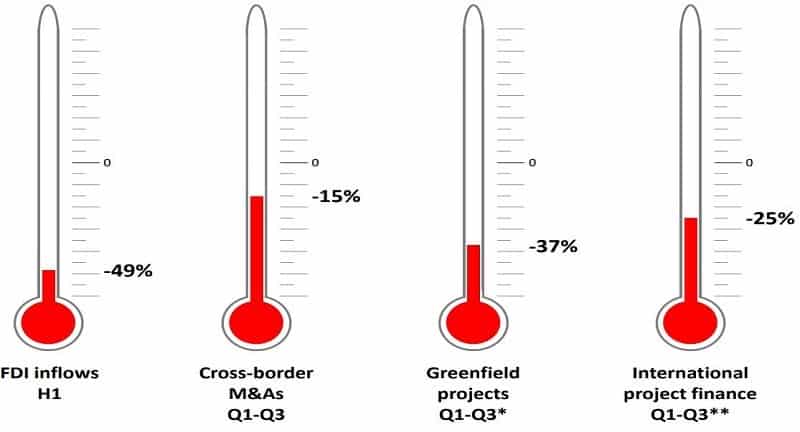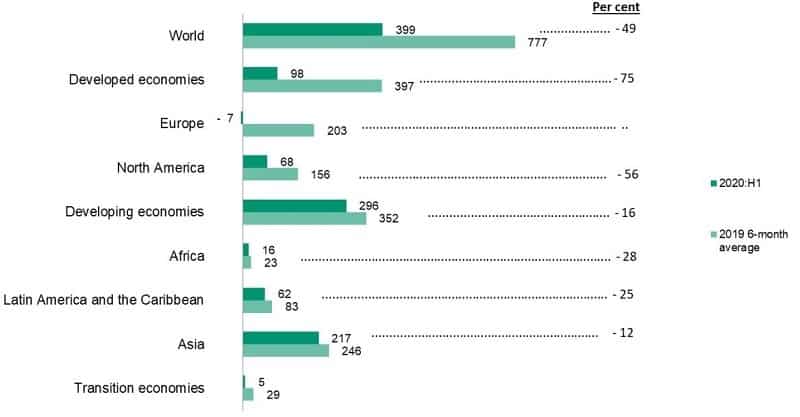The Investor Advisory Group (IAG) of the Sustainability Accounting Standards Board (SASB) today issued an updated statement calling on companies to use SASB Standards in disclosures to investors.
The IAG’s 55 members represent 12 countries and $41 trillion in assets under management (AUM). Among the updates made to the IAG Statement, when compared with the founding Statement, is the affirmation that “other reporting standards and frameworks may complement SASB Standards, but are not replacements for them.”
The IAG’s Messaging Working Group (one of six IAG working groups) took the lead in revising the Statement, which hadn’t been updated since the IAG was founded in 2016. By strengthening the statement in several key areas, the IAG seeks to send a clear market signal that leading international investors are calling for SASB-based disclosure as a foundation for corporate sustainability disclosure to investors.
Among sustainability reporting standards and frameworks, SASB Standards are tailored specifically to help companies communicate with investors. Because they are industry-specific, metric-driven, and focused on financial materiality, SASB Standards improve the comparability of ESG-related data and enable integration of ESG considerations into investment and stewardship decisions across global portfolios and asset classes.
“Amidst growing momentum this year, global investors agree that we need more standardized data on the ESG factors that impact enterprise value creation,” said Eivind Lorgen of Nordea Asset Management, North America and Chair of the IAG. “As expressed in our updated statement, the IAG wants companies around the world to use SASB Standards in order to improve the comparability and quality of ESG information we need as investors.”
“Within the broader landscape of sustainability disclosure, SASB Standards are specifically designed to meet investor needs,” says Ole Buhl, Vice President and Head of ESG at ATP and a member of the SASB IAG. “That’s why the IAG is asking companies to use the SASB Standards as a core part of their disclosure.”
SASB’s IAG was originally founded in 2016 to demonstrate investor demand for improved quality and comparability of ESG data and provide investor feedback and guidance to the organization. “I joined the IAG as Founding Chair on the condition that the IAG would be action-oriented and get things done. This updated statement—from a group that has more than doubled in size in just four years—reflects the growing momentum, strength, and internationalization of investor support for SASB-based disclosures,” says Christopher Ailman, IAG Chair Emieritus and Chief Investment Officer at the California State Teachers’ Retirement System (CalSTRS). “I’m proud to see what the IAG has accomplished and I challenge the IAG to achieve and accomplish even more in the years ahead.”
A variety of sustainability standards and frameworks assist companies in communicating with wide-ranging stakeholders. SASB is involved in efforts to integrate ESG reporting standards and frameworks into a comprehensive, global system for sustainability reporting, most recently issuing a joint statement with CDP, CDSB, GRI, and IIRC outlining a shared vision. Within this system, SASB is gaining support as a helpful tool for investor-focused disclosure. Most recently, the UK Financial Reporting Council encouraged UK public interest entities to voluntarily report using the TCFD Recommendations and SASB Standards to meet the needs of investors.
To make progess towards the vision for a comprehensive corporate reporting system, SASB is committed to working with other standard setters and frameworks and global leaders including the IFRS Foundation, IOSCO, the European Commission, and the World Economic Forum’s International Business Council.
To read the updated Investor Advisory Group Statement, click here.
About SASB
SASB connects companies and investors on the financial impacts of sustainability. SASB Standards enable companies around the world to identify, manage, and communicate financially material sustainability information to investors. SASB Standards are industry-specific and are designed to be decision-useful for investors and cost-effective for companies. They are developed using a process that is evidence based and market informed. To download any of the 77 industry-specific Standards, or learn more about SASB, please visit SASB.org.









